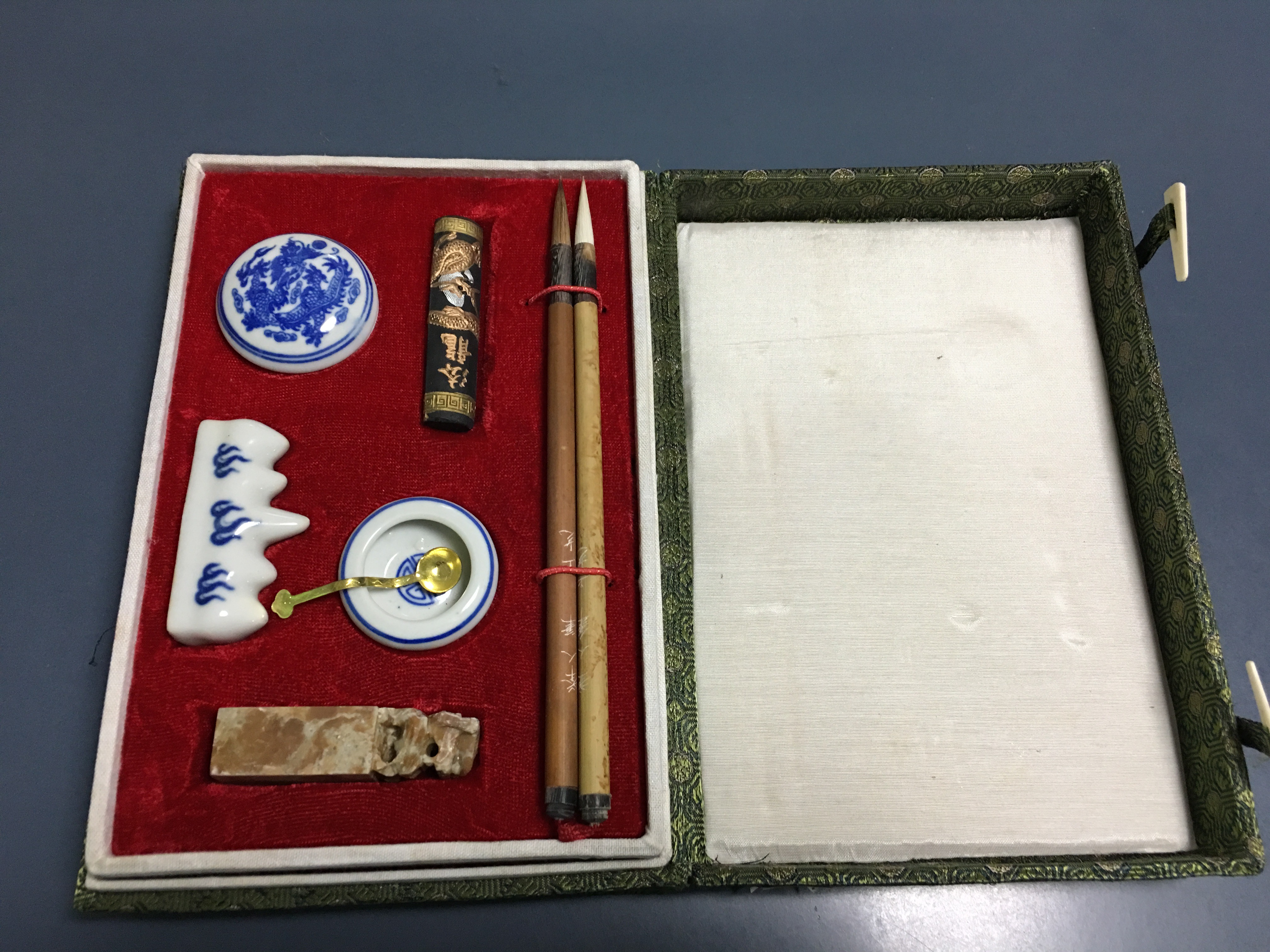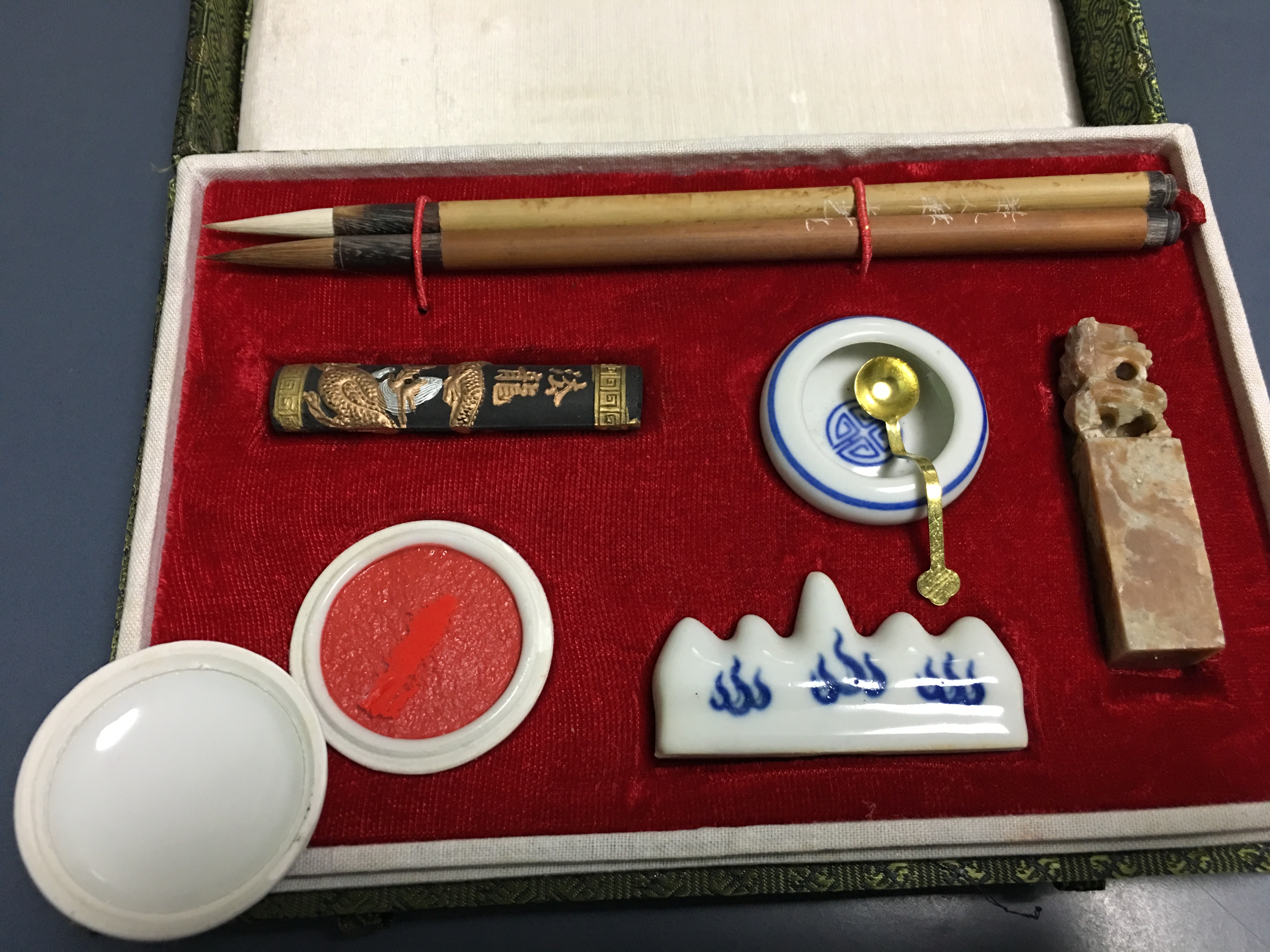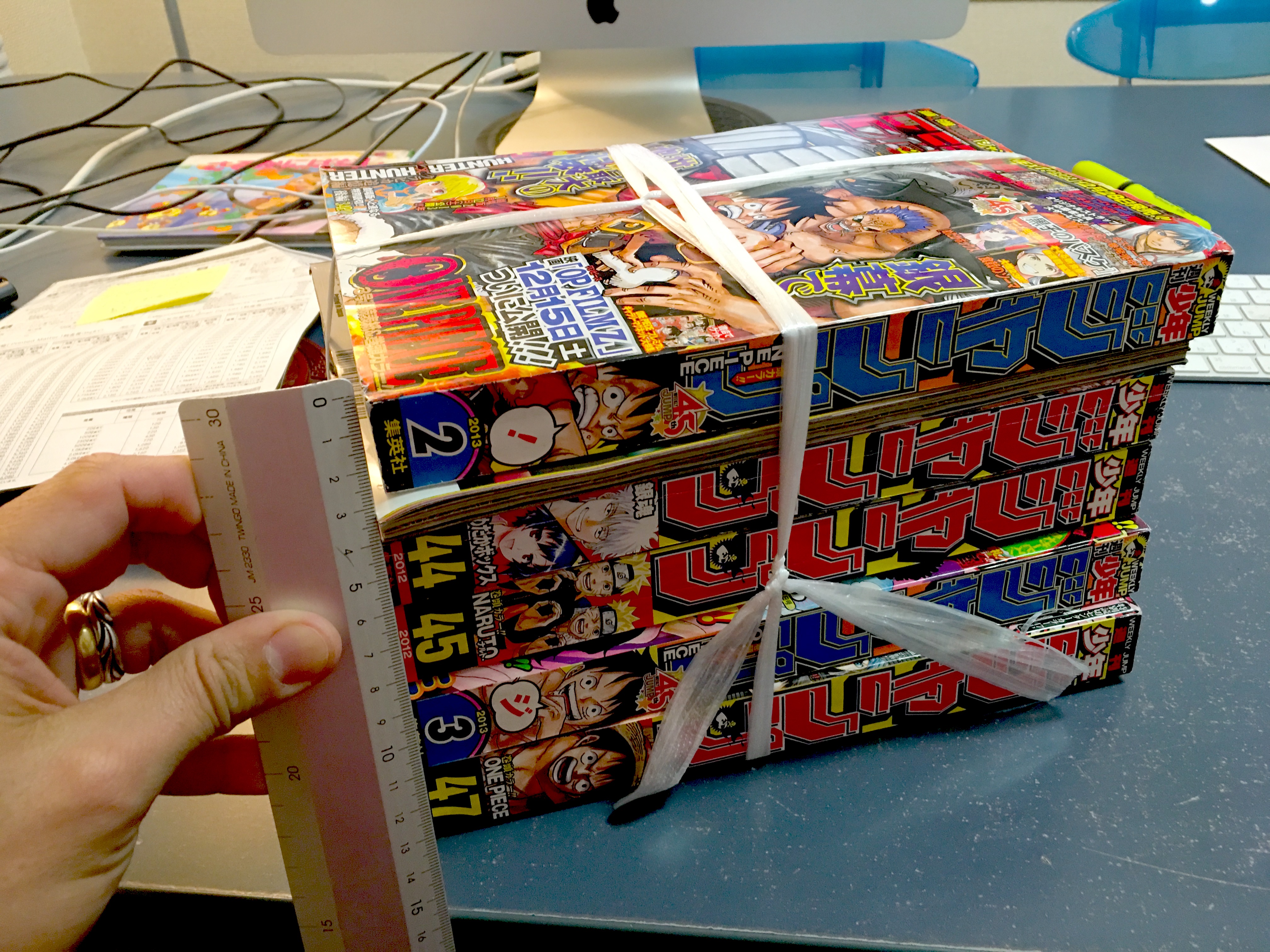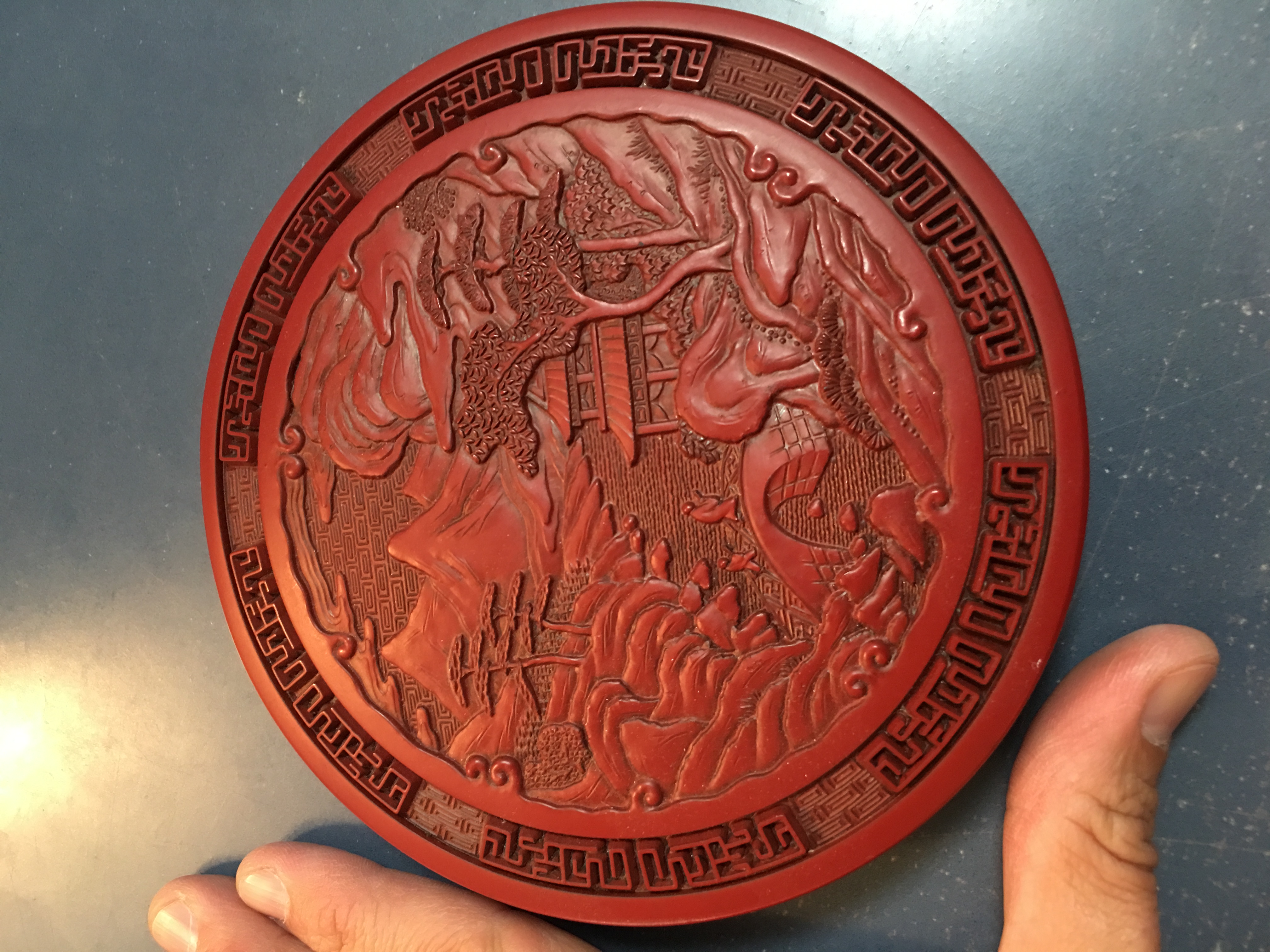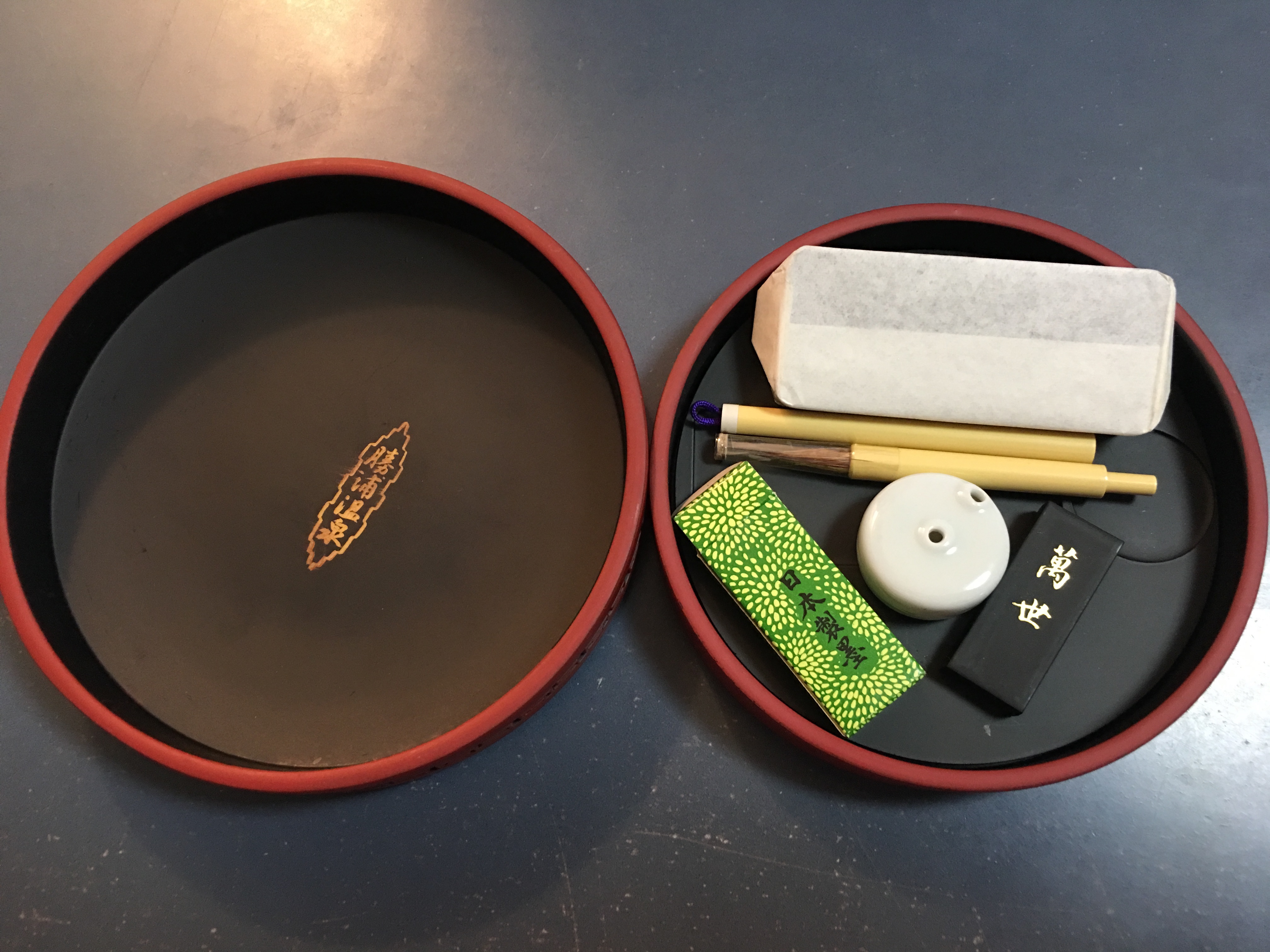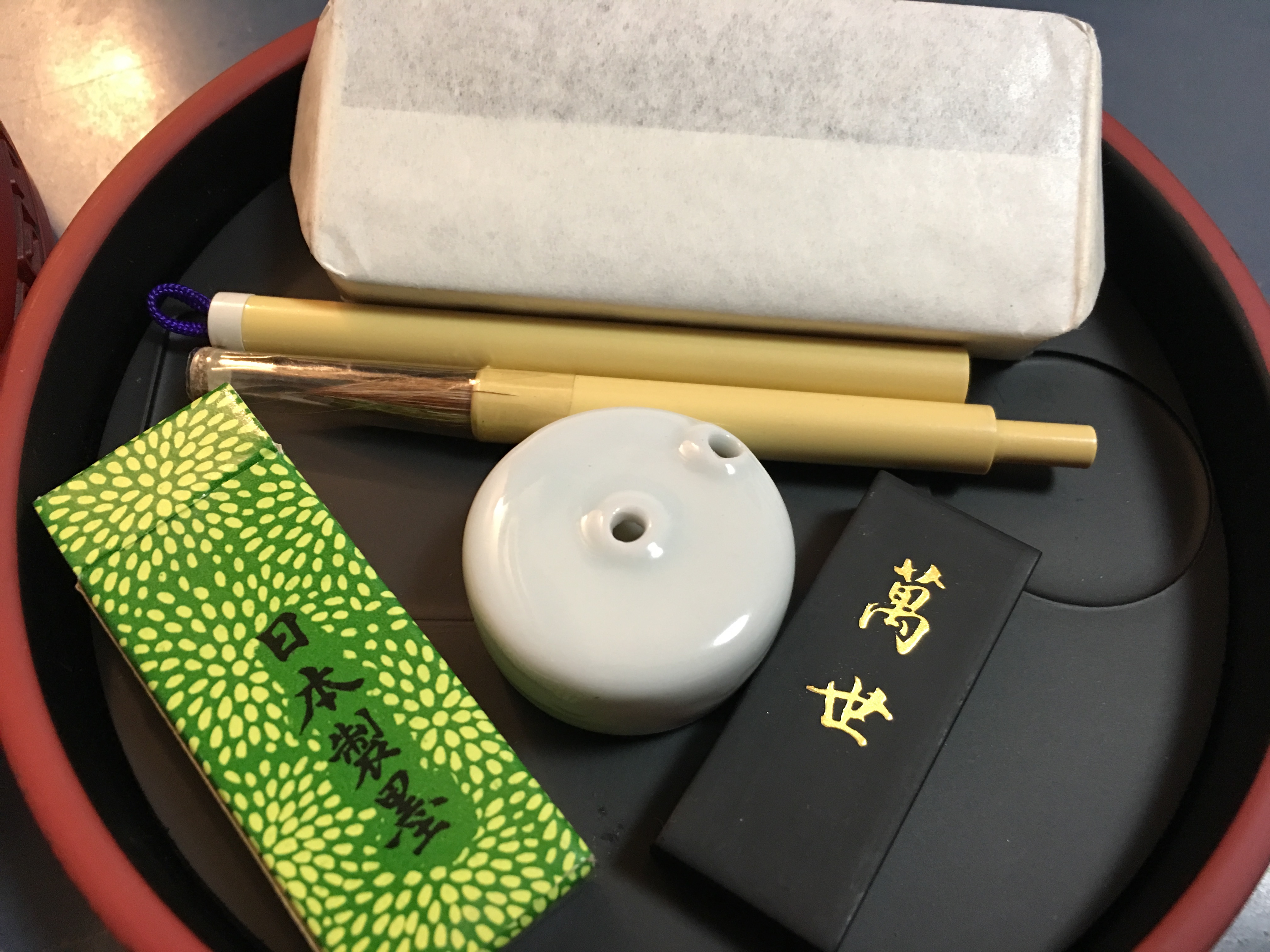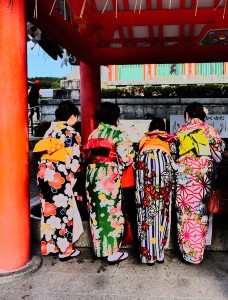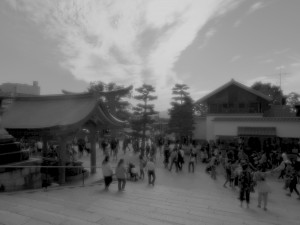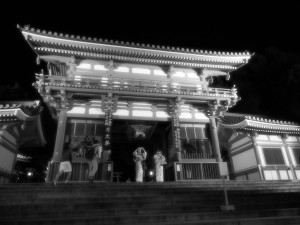May 16, 2018
Posted by gimmeabreakman
JNEWS! Convict Finally Caught (with Kibi)
Headline: 本州でバイク盗み移動
Honshuu de baiku nusumi idou
逃走理由は“人間関係“か
tousou riyuu wa “ningen kankei” ka
愛媛県の刑務所から受刑者が逃走した事件で、
Ehime ken no keimusho kara ju kei sha ga tōsō shita jiken de ,
逃走した男は泳いで本州に渡った後、
tōsō shi ta otoko wa oyoi de honshū ni watatta ato,
バイクを盗み、移動していたことが分かりました。
baiku o nusumi, idō shi te i ta koto ga wakari mashi ta .
今治警察署前から中継です。
imabari keisatsushomae kara chūkei desu .
Reporter: はい。平尾龍磨容疑者(27)は警察の取り調べに
Hai. Hirao Tastuma yōgi-sha ( 27 ) wa keisatsu no torishirabe ni
素直に応じていて、まもなく送検される予定です。
sunao ni ōji te i te , mamonaku sōken sareru yotei desu .
これまでの調べで、平尾容疑者は広島県尾道市の向島から
kore made no shirabe de , hirao yōgi-sha wa hiroshima ken onomichi shi no mukōjima kara
「泳いで本州に渡った」と供述していますが、
「oyoi de honshū ni watatta 」 to kyōjutsu shiteimasu ga ,
その後、バイクを盗んで広島県竹原市まで移動し、
sonogo , baiku o nusun de hiroshima ken takebara shi made idō shi ,
JR呉線で広島駅へ移動していたことが新たに分かりました。
JR kuresen de hiroshima eki e idō shi te i ta koto ga arata ni wakari mashi ta .
逃走生活では「空き家に潜伏していた」と話していますが、
tōsō seikatsu de wa 「 akiya ni senpuku shi te i ta 」 to hanashi te i masu ga ,
このうち24日に警察が捜索した別荘から平尾容疑者の
kono uchi 24-bi ni keisatsu ga sōsaku shi ta bessō kara hirō yōgi-sha no
指紋など複数の痕跡が見つかりました。
shimon nado fukusū no konseki ga mitsukari mashi ta .
この別荘には家財道具が備え付けられていて、
kono bessō ni wa kazaidōgu ga sonaetsuke rare te i te ,
屋根裏にはテレビや生活用品が持ち込まれていた
yaneura ni wa terebi ya seikatsu yōhin ga mochikoma re te i ta
ということです。また、刑務所での人間関係に悩む趣旨の
to iu koto desu . mata , keimusho de no ningen kankei ni nayamu shushi no
メモも見つかりました。警察では、
memo mo mitsukari mashi ta . keisatsu de wa ,
なぜ広島市内に向かったのかなど詳しく調べる方針です。
naze hiroshima shinai ni mukatta no ka nado kuwashiku shiraberu hōshin desu.
Vocabulary:
本州 Honshuu = largest of 4 main Japanese islands
で de = at
バイク baiku = motorcycle
盗み nusumi = stole and…
移動する idou suru = move
逃走 tou sou= running away
理由 ri yuu = reason
は wa = topic marker
人間関係 ningenkankei = human relationship
か ka = indicates question when added to the end of a sentence
愛媛県 Ehime ken = Ehime prefecture
の no = ’s
刑務所 keimusho = prison, penitentiary
から kara = from
受刑者 jukeisha = prisoner, convict
が ga = subject marker
逃走した tōsō shita = ran away
事件 jiken
で de
逃走した tōsō shita = ran away
男 otoko = man
は wa = topic marker
泳いで oyoide = swam
本州 Honshuu = largest of 4 main Japanese islands
に ni = indicates direction of movement
渡った watatta = crossing
後 go = after
バイク baiku = motorcycle
を wo = particle following the object that the verb will act on
盗すみ nusumi = stole (and…)
移動していた idou shiteita = was moving
こと koto = thing
が ga = subject marker
分かりました wakarimashita = it was known
今治 警察署前 imabari keisatsushomae = from in front of the Imabari police station
から kara = from
中継 chūkei = live broadcast
です desu = the police copula in Japanese that for all practical purposes acts like “be” but does not actually mean “be”
はい hai = literally means “yes” but often used to just recognize you’ve been called on to talk
平尾龍磨 Hirao Tastuma = name of escaped prisoner
容疑者 yougisha = suspect
は wa = topic marker
警察 keisatsu = police
の no = particle indicating ownership, like ’s
取り調べに torishirabe ni = to questioning
これまで kore made = until this
の no = ’s
調べで shira = according to investigators/authorities
平尾容疑者 Hirao yougisha = the suspect Hirao
は wa = topic marker
広島県 Hiroshima Ken = Hiroshima Prefecture
尾道市 Onomichishi = Onomichi City
の no = ’s
向島 Mukai Shima = Mukai Island
から kara = from
泳いで oyoide = swim
本州 Honshuu = Honshu (largest of the four main islands of Japan)
に ni = to
渡った watatta = crossed
と to = indicates something that was just said
供述しています kyoujutsu shiteimasu = testifying
が ga = subject marker
その後 sono ato = after that
バイク baiku = motorcycle
を wo = indicates what the verb will act on
盗んで nusunde = steal
広島県 Hiroshima Ken = Hiroshima Prefecture
竹原市 takeharashi = Takehara City
まで made = until
移動し idou shi = moved and….
JR呉線で jei aaru gosen de = by JR (Japan Rail) line
広島駅 Hiroshima Eki = Hiroshima Station
へ e = particle indicates direction of st
移動していた idoushiteita = was moved
こと koto = thing
が ga = subject marker
新たに aratani = new, newly
分かりました wakarimashita = understand
逃走生活で tousou sei katsu = fugitive lifestyle
は wa = topic marker
空き家に akie ni = into an empty house
潜伏していた senpuku shiteita = was hiding
と to = indicates something that was just said
話しています hanashiteimasu = saying
が ga = subject marker
このうち sono uchi = meanwhile
24日 nijuuyokka = 24th day
に ni = on
警察 keisatsu = police
が ga = subject
捜索した sousaku = searched
別荘 bessou = vacation home
から kara = from
平尾容疑者 Hirao yougisha = the suspect Hirao
の no = ’s
指紋 shimon = fingerprint
など nado = etc.
複数 fukusuu = plural
の no = ’s
痕跡 konseki = traces
が ga = subject
見つかりました mitsukarimashita = was found
この kono = this
別荘 bessou = vacation home
には ni wa = at
家財道具 kazaidougu = household belongings
が ga = subject
備え付けられていて sonaetsukerareteite = equiped
屋根裏 yaneura = loft
には ni wa = at
テレビ terebi = TV
や ya = and
生活用品 seikatsuyouhin = stuff you need to live
が ga = subject
持ち込まれていた mochikomareteita = was brought
ということです to iu koto desu = common ending to news segments indicating “that is what is happening”
また mata = and, again
刑務所 keimusho = jail
で de = at
の no = ’s
人間関係 ningen kankei = human relations
に ni = indicates direction
悩む nayamu = worry
趣旨 shushi = intent, motivation
の no = ’s
メモ memo = memo
も mo = also
見つかりました mitsukarimashita = was found
警察 keisatsu = police
では de wa = at
なぜ naze = why, the reason
広島市内 Hiroshima shinai = in Hiroshima City
に ni = indicates direction of movement
向かった mukatta = went towards
のか no ka = whether or not
など nado = etc
詳しく kuwashiku = in detail
調べる shiraberu = investigate
方針 houshin = objective, plan
です desu = polite copula ending that works very much like the “be” verb

